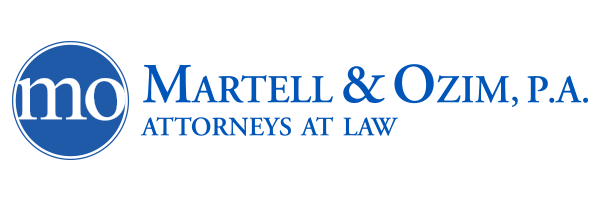Can Your Community Association Collect Rent Monies?
It’s extremely frustrating when an owner fails to pay their assessments. After all, the collection of assessments is the backbone of all condominium and homeowners’ associations. It doesn’t matter if your association is new or old, small or large, gated or non-gated, full of amenities or not. Each and every community association requires money to operate and, for the most part, that money comes from the owners timely paying their assessments.
It’s probably even more frustrating when an owner fails to pay their assessments…but month-in and month-out collects rent monies from their tenant! Fortunately, both Chapter 718, Florida Statutes (the Condominium Act) and Chapter 720, Florida Statutes (the Homeowners’ Association Act) provide a solution for our community associations.
Specifically, Section 718.116(6) (pertaining to condominiums) and Section 720.3085(1) (pertaining to homeowners’ associations) state that if a unit or parcel is rented during the pendency of the Association’s lien foreclosure action, the Association is entitled to the appointment of a receiver to collect the rent. Typically, the Court will enter an order appointing our law firm, Martell & Ozim, P.A., as the receiver to collect rent monies on behalf of the Association.
The Court’s order will direct the tenant to make all rent payments to our law firm. The tenant can make payment to the Association in the same form as he/she pays the owner. In other words, the Association can’t require the tenant to make payment via certified funds or credit card. The tenant’s obligation to pay rent to the Association begins immediately, unless the tenant already sent payment to the owner before receiving notice. In that case, the tenant must provide the Association with written proof of payment within fourteen (14) days after receiving notice and the tenant’s obligation to pay rent to the Association begins with the next rental period. If the owner receives any rent payments from the tenant after entry of the Court’s order, the owner shall forward said payments to our law firm within seven (7) days of receipt.
Once the account is paid in full, including all assessments, interest, late fees and attorneys’ fees and costs, the Association will dismiss its lien foreclosure lawsuit and notify the tenant to resume rent payments to the owner.
It’s important to remember, the tenant’s obligation to pay rent monies to the Association gives the tenant complete immunity from any claim for rent by the owner.
The ability for your condominium or homeowners’ association to collect rent monies from a tenant who is paying a delinquent owner is a great tool! If your community association has owners who are delinquent in the payment of monetary obligations, contact Martell & Ozim, P.A. to schedule a free collections strategy session at (407) 377-0890 or info@martellandozim.com.


